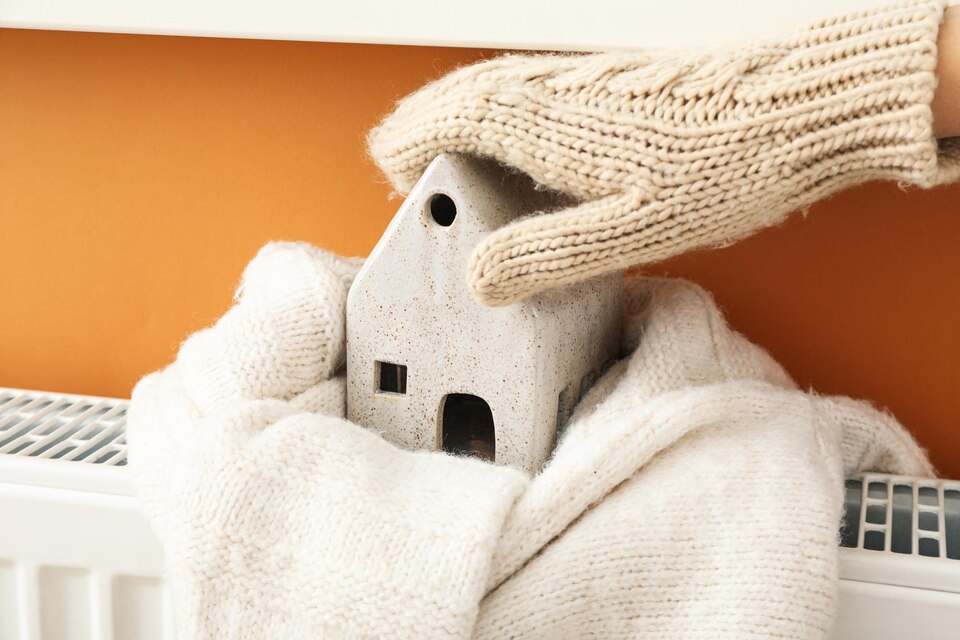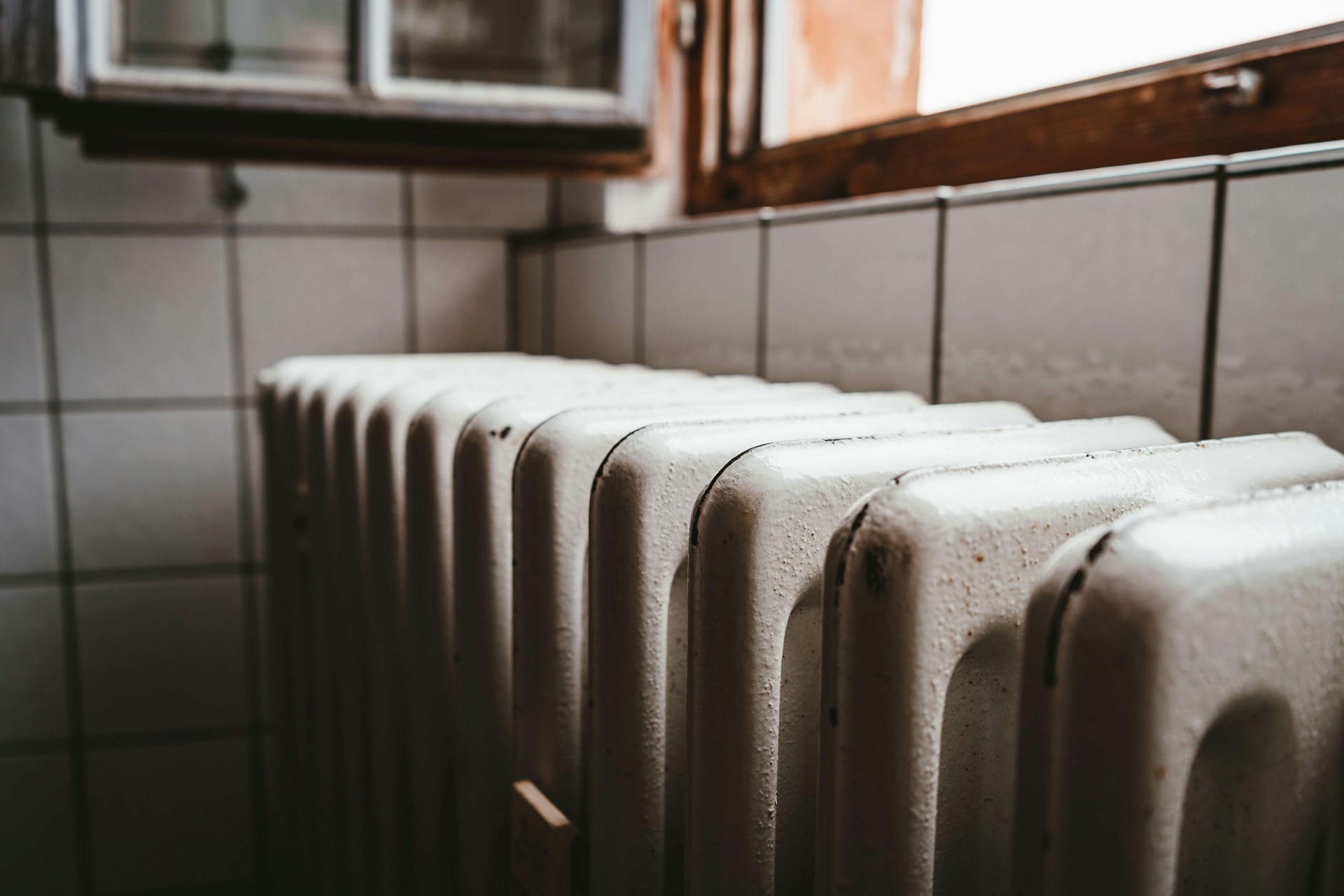When it comes to home heating solutions, homeowners are seeking options that provide not only comfort but also energy efficiency and cost savings. One such alternative that has gained popularity recently is the heat pump—a versatile and efficient home heating solution that offers a host of benefits, including energy savings, environmental advantages, and customizable temperature controls. As a trusted provider of heating and air conditioning services, Comfort Heroes is passionate about educating our clients about heat pumps and their many benefits for home comfort.
At its core, a heat pump is a device that uses refrigeration technology to transfer heat from one place to another, providing both heating and cooling capabilities. Instead of generating heat like traditional furnaces or boilers, heat pumps extract heat from the outdoor air, even in cold temperatures, and transfer it inside the home. In the summertime, the process is reversed to cool the home by extracting heat from indoors and releasing it outside.
Dive into the world of heat pumps with Comfort Heroes, exploring their functionality, the different types available, the benefits they offer, and the important factors to consider when selecting a heat pump for your home. By understanding these core aspects of heat pumps, homeowners can make an informed decision that suits their comfort needs and energy goals.
Understanding the Functioning of Heat Pumps
To appreciate the efficiency and versatility of heat pumps, it’s essential to understand their inner workings. Heat pumps utilize refrigeration technology to transfer heat between indoor and outdoor environments, providing both heating and cooling capabilities. The key components of a heat pump system include a compressor, a condenser coil, an evaporator coil, and a refrigerant that circulates between the coils.
In heating mode, the heat pump extracts heat from the outdoor air (or the ground, in the case of geothermal heat pumps) using the evaporator coil and transfers it indoors through the condenser coil. Even when outdoor temperatures are low, heat is present in the air and can be effectively harvested by the heat pump. Conversely, in cooling mode, the heat pump works similarly to an air conditioner, extracting heat from the indoor air and releasing it outdoors.
Types of Heat Pumps: Finding the Right Fit for Your Home
There are three main types of heat pumps: air-source, ground-source (geothermal), and water-source. Each type has its unique features, advantages, and suitability for different home requirements.
- Air-Source Heat Pumps: These systems extract heat from the outdoor air and transfer it indoors for heating and perform the reverse action for cooling. They are the most common type of heat pump and are suitable for most residential applications. Air-source heat pumps are best suited for mild to moderate climates.
- Ground-Source (Geothermal) Heat Pumps: These systems utilize the stable temperature of the earth to provide heating and cooling by transferring heat between the ground and your home. Ground-source heat pumps are highly efficient but require a substantial investment in installation, as they involve burying loops of piping in the ground.
- Water-Source Heat Pumps: Water-source heat pumps use water as the medium to transfer heat and can be used in homes with access to a constant water source, such as a pond or a well. These systems are exceedingly efficient and maintain stable performance regardless of air temperature fluctuations but are generally limited to homes with suitable water resources.
The Benefits of Heat Pumps: Why Make the Switch?
Heat pumps offer several advantages over traditional heating sources, making them an appealing option for homeowners.
- Energy Efficiency: Heat pumps do not generate heat but merely transfer it, consuming less energy than traditional heating systems that create heat through combustion.
- Cost Savings: The increased energy efficiency of heat pumps results in lower utility bills, allowing homeowners to potentially save on heating and cooling costs. While the upfront investment in a heat pump may be higher than a traditional system, the energy savings over time can offset the initial cost.
- Environmental Benefits: Since heat pumps do not burn fossil fuels, they emit fewer greenhouse gases and contribute to a cleaner and greener environment.
- Dual-Functionality: As heat pumps provide both heating and cooling functionality, the need for separate systems is eliminated, saving space and reducing maintenance requirements.
- Customizable Controls: Most heat pump systems come with advanced controls that enable precise temperature settings, enhancing comfort and efficiency.
Selecting the Right Heat Pump: Factors to Consider
When choosing a heat pump for your home, several factors must be taken into account to ensure it meets your specific needs and circumstances.
- Climate: The climate in your region plays a vital role in determining the most suitable type of heat pump for your home. While air-source heat pumps are effective in areas with milder winters, ground-source or geothermal heat pumps may be more efficient and reliable in colder climates.
- Home Size and Insulation: The size of your home, as well as its level of insulation and air sealing, impacts the required capacity and efficiency of the heat pump system needed to provide optimal heating and cooling.
- Energy Efficiency Ratings: When selecting a heat pump system, look for high energy efficiency ratings, such as the Seasonal Energy Efficiency Ratio (SEER) and Heating Seasonal Performance Factor (HSPF) for air-source heat pumps, and the Coefficient of Performance (COP) for ground-source heat pumps.
- Installation Requirements: Ensure that you have the necessary infrastructure, space, and resources to accommodate the installation of the heat pump system.
Embracing Heat Pumps for Efficient Home Heating
Heat pumps offer a versatile and efficient alternative to traditional home heating systems, providing enhanced comfort, energy savings, and environmental benefits. By understanding the different types of heat pumps, their advantages, and the factors to consider when selecting a system, homeowners can make the switch with confidence.
If you feel that a heat pump is the right choice for your home, get in touch with our team of professionals at Comfort Heroes who are committed to delivering exceptional heat pump services in Thousand Oaks, CA. Together, we can help you elevate your home comfort experience while reducing your energy consumption. Contact us today to schedule an appointment!













